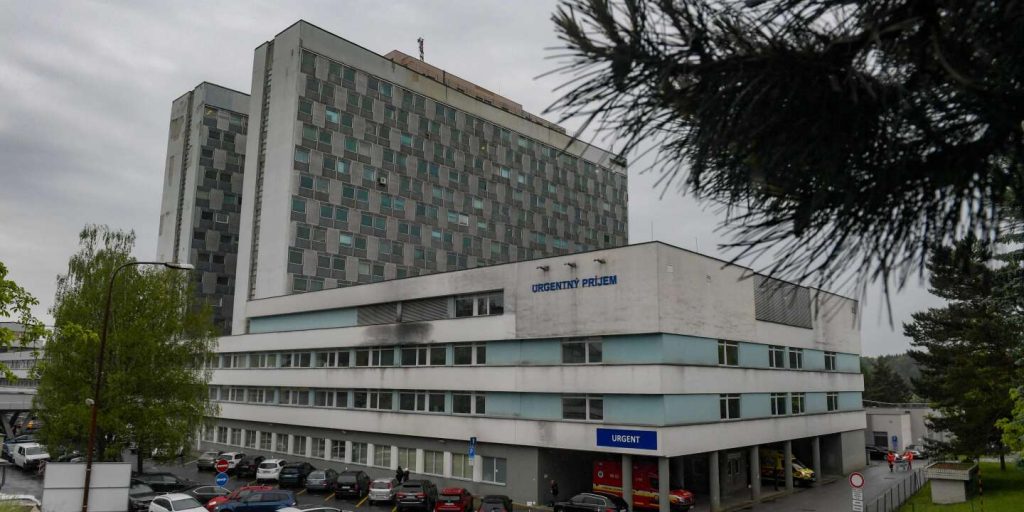In a recent article published on the website of Le Grand Continent, Raphaël Glucksmann, the head of the Socialist Party and Place Publique, outlines his vision for “building the Europe of 2030.” Drawing parallels to Emmanuel Macron’s assertion that “Europe is mortal” during a speech at Sorbonne, Glucksmann emphasizes the critical nature of the upcoming European elections. He describes the current moment in Europe as one where the fate of peoples and civilizations hang in the balance, citing challenges such as war, climate collapse, social crises, institutional rejection, and a rise in far-right movements.
Presenting himself as a “realist” rather than a “utopian” or an “idealist,” Glucksmann’s program aims to address key issues facing Europe in 2024, such as confronting authoritarian regimes, transitioning away from fossil fuels, ending reliance on free trade, and combating rising inequality. Among his over 300 proposals, he highlights the need to strengthen Europe’s defense capabilities, emphasizing the importance of financial independence in the face of potential isolation in a changing geopolitical landscape. He calls for the creation of a €100 billion defense fund financed by a new European loan, similar to measures taken during the Covid-19 crisis.
Glucksmann also advocates for increased European sovereignty in key sectors such as industry, agriculture, technology, and healthcare. He proposes a strategy focused on “Made in Europe” to bring back strategic production to European soil and secure critical supply chains. In terms of environmental transition, he promotes “sobriety” as an essential tool for European sovereignty and social justice, emphasizing the need to set limits on the excesses of the powerful. Additionally, he calls for greater cooperation among European nations to address these shared challenges.
Addressing the functioning of the European Union, Glucksmann reiterates his desire to move away from unanimity in decision-making and toward qualified majority voting within the Council. He also advocates for expanding the powers of the European Parliament, granting it legislative initiative and the ability to levy taxes. By empowering the Parliament and reducing veto powers, Glucksmann aims to create a more responsive and democratic governance structure within the EU, capable of addressing the complex issues facing the continent.
In conclusion, Raphaël Glucksmann’s vision for “building the Europe of 2030” is grounded in a pragmatic approach to tackling the pressing challenges facing the continent. By prioritizing defense, sovereignty, environmental sustainability, and democratic reform, he aims to position Europe as a strong and united force on the global stage. Through a combination of policy proposals and institutional changes, Glucksmann seeks to create a more resilient and equitable European Union capable of meeting the demands of a rapidly changing world.


